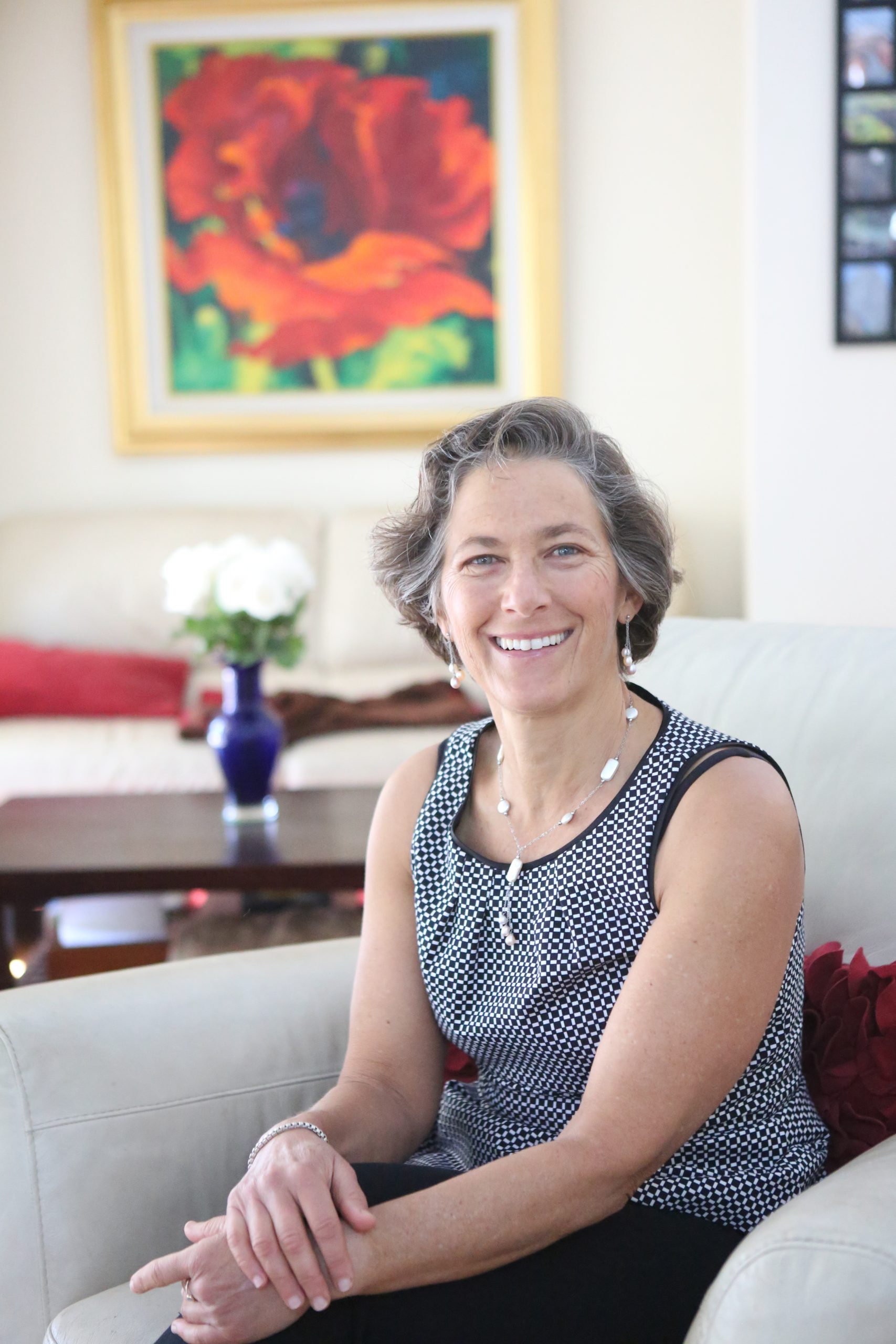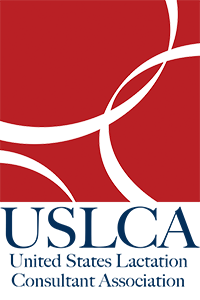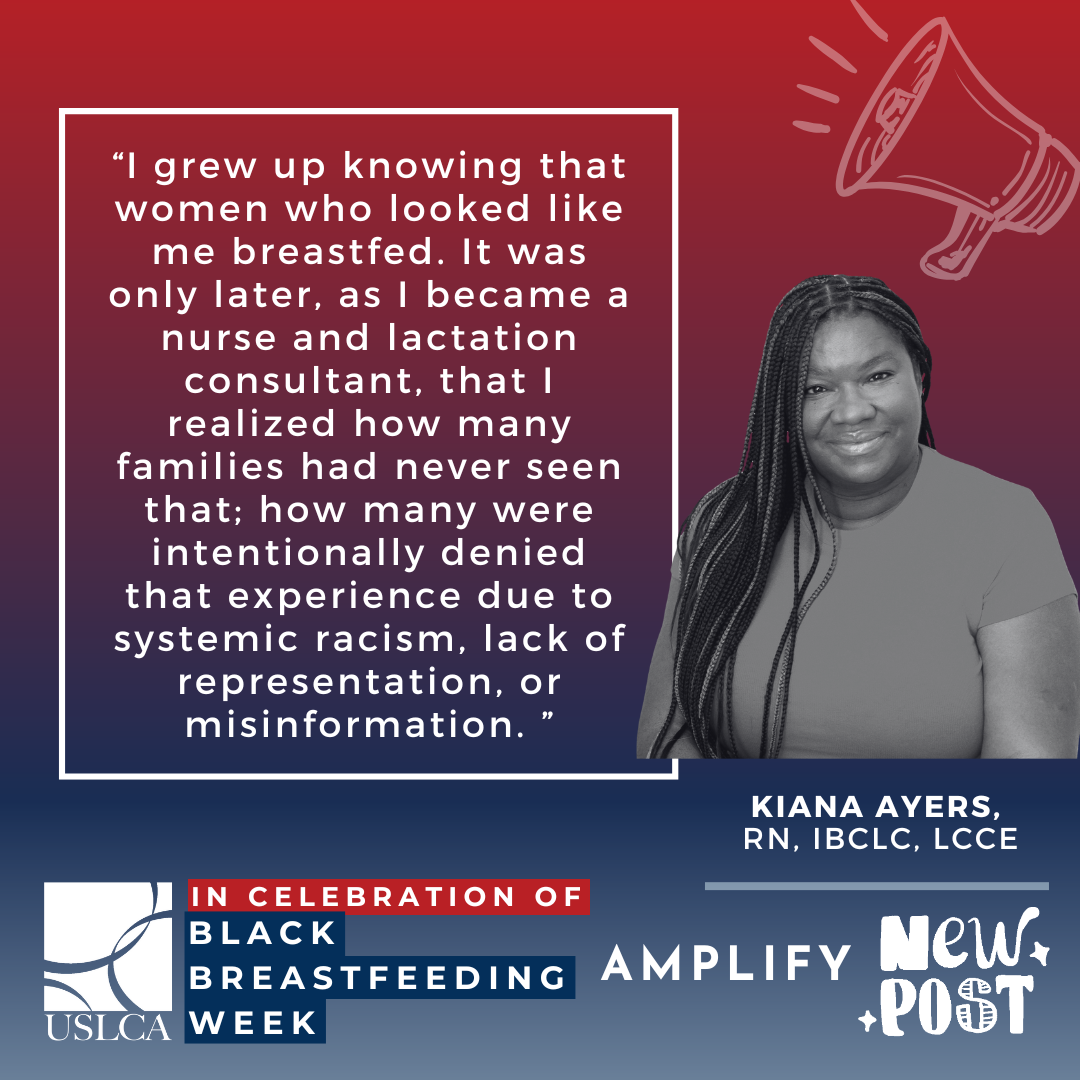By Debra Brender, BS Nutrition, RN, IBCLC
 One evening I came home from a day working at the hospital and said to my husband, “I have the hardest job in the world,” to which he replied, “No, you don’t, think about coal miners.” Ok, so he has a point. However, when I work as an RN/IBCLC in the hospital there are times when I am stretched to my limits:
One evening I came home from a day working at the hospital and said to my husband, “I have the hardest job in the world,” to which he replied, “No, you don’t, think about coal miners.” Ok, so he has a point. However, when I work as an RN/IBCLC in the hospital there are times when I am stretched to my limits:
- Physically: contorting myself into yogic positions over a post C-Section parent unable to hold their Large for Gestational Age breech baby that is folded up tight like a ball.
- Professionally: Yes, a Supplemental Nursing System is a great way to preserve breastfeeding and avoid bottles. However, in many cases a baby is unable to latch, not unwilling to stay latched due to low supply. So, no, I will not “just set up an SNS.”
- Mentally: Why is our healthcare system so broken? How can a 24-year-old already have a long list of untreated lactation risk factors such as Chronic Hypertension, Obesity, Type 2 Diabetes, Anxiety, Depression and Hashimoto’s?
- Emotionally: Just yesterday I entered a post-partum room to greet a family with a healthy, full-term 5-hour old baby, awake in the crib exhibiting early hunger cues. I asked, “How are the feedings going?” to which they replied, “Oh, we haven’t tried yet.” I was a little dumbfounded and asked “Why?” The father simply stated, “We were too scared.” This is a whole other type of challenge. How can we prepare parents for just holding their baby? Wouldn’t it be fabulous if families were more inclined to hire post-partum doulas? When we bring back in-person breastfeeding and parenting groups, will people attend or has everyone gotten too accustomed to virtual learning?
Out of all of this, however, what is most soul crushing is what I call, “Bluetooth Parenting.”
These are the parents that, when asked when was their baby’s last wet or dirty diaper, must get their phones and log onto the baby tracker app before being able to answer this simple question. Or when I am called into a new baby’s room and the parent’s main worry is that their baby is sleepy. Meanwhile, the baby is in the crib, swaddled tight like a burrito, with the loud “whoosh” of a white noise gadget next to their sweet head. Do we really have to remind parents how important it is to hold their babies? There are also the parents that are now home sending me a screenshot of their3-day old baby’s sleep chart and ask, “Is this too much red?”, the sleep tracking app features “red” portions that represent the episodes of crying from the night before.
This disconnect is what I ponder day in and day out. I want to help make changes in our healthcare system and being a lactation consultant and promoting the feeding of human milk is one way I can help with this goal. Of course, there are huge success stories, these I am fortunate to see when I follow patients in my private practice. Who doesn’t feel wonderful when they receive an email, “If it weren’t for you I never would have been able to breastfeed.”
I do cherish the highs of our profession. Truly. And I absolutely adore mentoring new lactation consultants, RN’s and even MD’s that have taken an interest in the field. Unfortunately, I see more challenging cases than success stories. And then again, my husband reminds me, “Well, you only see the ones having problems.” This is also correct, but there are times I need more support and less dismissiveness. I am lucky in that I have a partner that agrees to listen to my stories, and for this I am eternally grateful.
Yet I wonder: how can I continue to give new parents the personal care and support they need, without feeling beaten down by a system and society that promotes gadgets and apps over building one’s parenting skills and intuition? How can parents get the support they need if they are relying on their phones and the internet instead of meeting one another in parks and support groups? How can we balance these tools with the challenges of the pandemic?
I do not have the answers to these questions. But what I do know is that lactation consultants also need human connection. Sure, we can post our questions on Facebook and get lots of responses to our inquiries. But this is not enough. We need to get back together for our in-person study groups, walks-n-talks, happy hours, and conferences.
Sometimes our friends and relatives (including partners and spouses) really don’t understand how difficult it can be working as a lactation consultant. Your fellow LC’s do, and I worry with the influx of technology (social media, virtual webinars, podcasts) we may also forget the importance of peer-to-peer support. So go ahead, give your LC friend a call and let’s help each other out.
Thank you, Debra for this blog post. For some in-person opportunities, please check out our 2022 New Horizons in Clinical Lactation conference opportunity set for this fall. Learn more about the opportunity here.
About Debra:
My background has always been in the health sciences. I obtained my Bachelor of Science Degree in Nutrition from Cornell University in 1985 and became a Registered Nurse in 1988. Like many lactation consultants, I found breastfeeding my own two sons to be very gratifying yet challenging. For this reason I enrolled in the UCSD Lactation Consultant program and became an International Board Certified Lactation Consultant in 2018. In addition to my private practice I also work as an RN/IBCLC at two local hospitals: Stanford ValleyCare and Kaiser Permanente San Jose, helping parents of full-term babies immediately post-partum and establishing breastfeeding for parents with babies in the neonatal intensive care unit. Assisting parents in their breastfeeding journey is extremely meaningful and rewarding work. I hope to reach out and help as many new families as I can to make their transition to parenthood a little smoother, and give their babies the best start possible.



